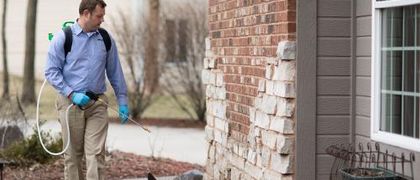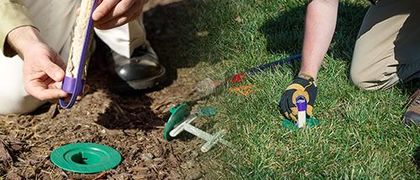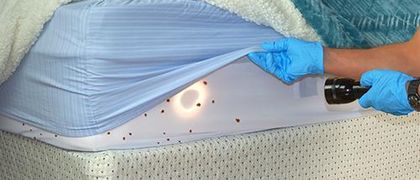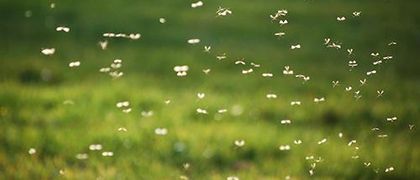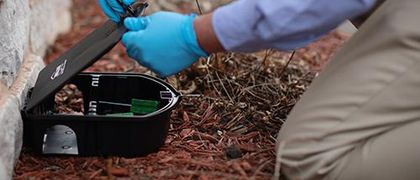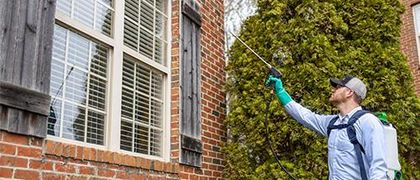What do little black ants look like?
- Size: 1/16 in.
- Color: Shiny black
- Body Structure: Head, thorax, and abdomen with two nodes on the pedicel connecting the thorax and abdomen.
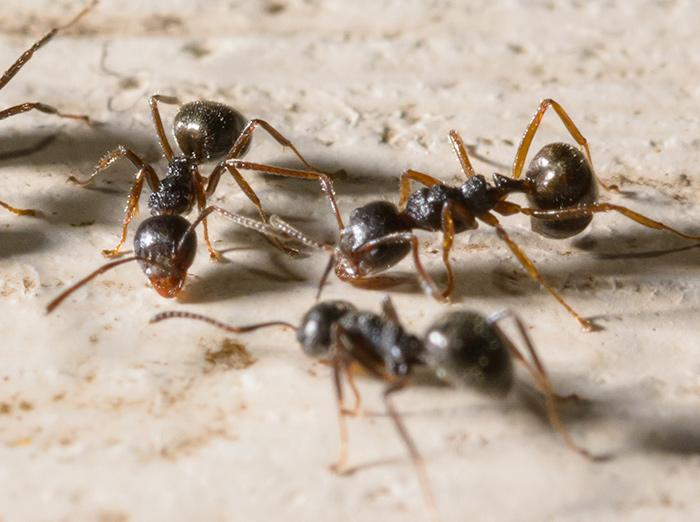
Characteristics of little black ants
Little black ants live in moderate to large colonies that feature multiple queens.
When are little black ants most active?
How are little black ant colonies formed?
New little black ant colonies are formed when winged adults mate – anywhere from spring through mid-July.
Where do little black ants nest?
Little black ants prefer to nest in moist areas. Outdoors, their nests are commonly found beneath lumber, in mulch, in rotting logs, or beneath debris in yards. Indoors they nest in wall voids, spaces beneath carpeting, behind bricks, and other spots around sources of heat and moisture.
What do little black ants eat?
Little black ants feed on honeydew, pollen, and dead or living insects outdoors. Inside homes and structures, they consume crumbs and food remains in kitchens, pantries, and other areas where food is stored or prepped. They prefer grease, meat, fruits and vegetables, and sweets.
Are little black ants dangerous?
Although little black ants are equipped with stingers, they are too small to have any real effect. They are considered nuisance pests when they infest structures.
Why do I have a little black ant infestation?
Little black ants are drawn indoors when food sources outside are running low, but may also enter through cracks and gaps on the exterior of a house when out foraging.
How do I get rid of little black ants?
In order to get rid of little black ants, it is imperative that you locate and treat the nest, not just the ants crawling in the kitchen or along your foundation walls or sidewalks. For optimal results, you should contact a pest control company for help.
At Miller Pest & Termite, we offer pest control services that exterminate little black ants and other pests that infest homes and businesses.
How can I prevent a little black ant problem?
To prevent little black ants from infesting your property, our pest control specialists recommend:
- Filling all cracks around the house
- Eliminating moisture problems
- Cleaning up food spills right away
- Emptying trash can regularly
- Washing dishes after every meal
- Storing food in containers with tight-fitting lids
- Clearing debris in the yard
- Trimming back tree branches as well as shrubs and bushes so that they do not touch the exterior of the house
- Cleaning gutters regularly so water runs freely through the channel
- Pointing downspouts away from the foundation to prevent pooling
- Repairing or replacing leaking appliances
- Fixing plumbing issues
- Replacing water-damaged wood


Get Help Now!





